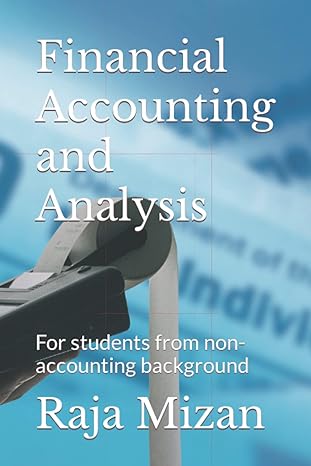Question
If there was no half-year rule when applying CCA, what implications could there be? If there was terminal loss when an asset is sold, can
If there was no half-year rule when applying CCA, what implications could there be?
If there was terminal loss when an asset is sold, can there be a capital gain? Why or why not?
If a particular asset ends up with a salvage value of zero, will there be a difference in the total CCA that a company can claim if the asset class is closed versus the asset class remains open? Why or why not?
Explain the following four situations. What does it mean when each of these situations are realized at the end of the project? What needs to happen between the company and the Canadian (Tax) Revenue Agency? (Assume the asset class will be closed.)
1. If the salvage value is equal to the ending Undepreciated Capital Cost (UCC)
2. If the salvage value is less than the ending UCC
3. If the salvage value is greater than the ending UCC
4. If the salvage value is greater than the initial cost
Step by Step Solution
There are 3 Steps involved in it
Step: 1

Get Instant Access to Expert-Tailored Solutions
See step-by-step solutions with expert insights and AI powered tools for academic success
Step: 2

Step: 3

Ace Your Homework with AI
Get the answers you need in no time with our AI-driven, step-by-step assistance
Get Started


